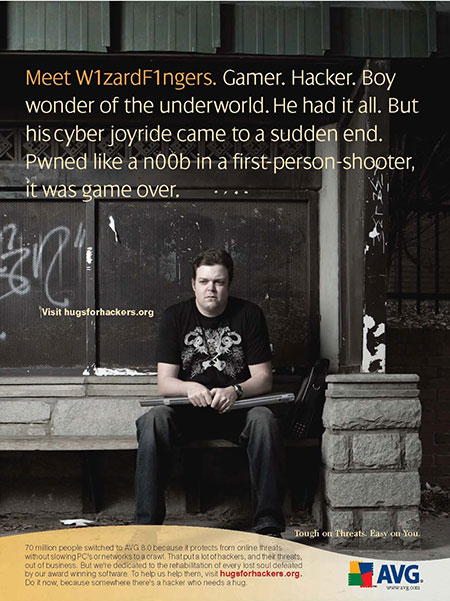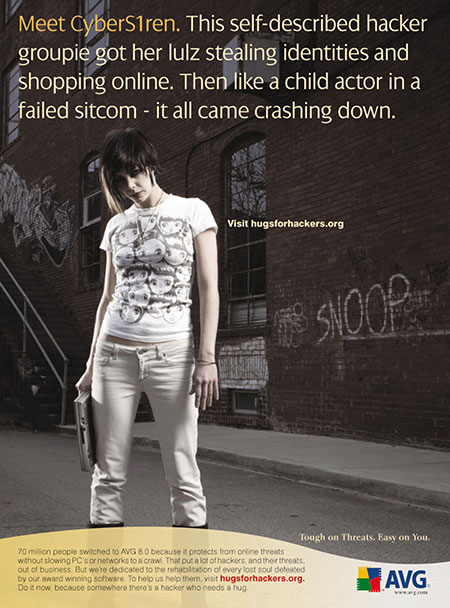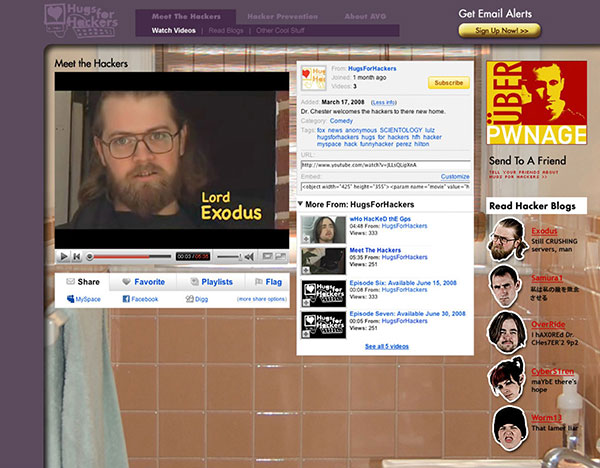
Sep
INTERVIEW WITH AN AMBITIOUS B2B MARKETER. VOLUME 2
Julie Collins, Head / Global Digital Transformation Leader and Innovator
Julie Collins is the Head, US Digital for Alcon Laboratories, the vision-care division of Novartis, where she is charged with creating digital growth opportunities and competitive advantage across the vision-care, pharma, and surgical businesses. Julie is passionate about creating brand moments that delight the consumer and drive business impact for Alcon’s brands.
As the global leader in eye care, Alcon develops and manufactures innovative medicines and devices to serve the full life cycle of eye care needs.
Digitent: What role do you think ambition has played in your journey to become a marketing leader in your space? Do you see yourself as an ambitious marketer?
Julie: Ambition is an interesting word. How I frame my comment would be to think about that particular context as “drive” versus the word “ambition,” because I can certainly say that drive has played an incredible role in my career and also in my personal life. When I look at the factors that have been super important to me they fall into three buckets: drive, which is the sense of internal desire to do great things, to make as much of an impact as you know how to make. Intellectual curiosity is the second, where it’s driven by an unquenchable need to learn, to explore, to talk to other people, and to build things on your own as well. The third is the idea of collaboration, and understanding that you cannot and should not try to do everything yourself or on your own. And the idea that there’s a plethora of capability and talent that lives throughout the global universe, and people that bring that new perspective. If you can meld those three together – drive, intellectual curiosity, and collaboration; that to me is what sums up the idea of ambition.
Digitent: Do you think ambition, the way you define it, is teachable? And what kind of traits do you teach your team to help them succeed from a marketing perspective in your organization.
Julie: So, I think everything is teachable. If there is an open thought process and if there is a spirit of moving forward, then you can coach intellectual curiosity and you can certainly coach collaboration, and I think you can coach drive to some extent. I am actually a person who very much believes in the ability of humanity to make conscious choices. Oprah quotes Maya Angelou in saying “when you know better, you do better.” Every experience in your life, if you let it, allows you to step through it and move through it in a way that will bring you some really positive results. So yes, I think it’s teachable. I also think that there are some people who become so locked into their version of a narrative of either their career or their product or their company that it comes difficult to do that, but that doesn’t mean it’s not possible.
Digitent: So, what advice would you give to a young person, say a young marketer who wants to get into a leadership position like you’re in today?
Julie: When giving advice I see myself as a guide. I don’t like the world ‘mentor’ as it seems to promote the idea that I have all the answers. I see myself as a growth leader who’s constantly looking for new ways to learn and new experiences that will make my life and career, and the lives and careers of others more fruitful. So I feel like I’ve done much as a helpful coach. The coaching I’ve given them, and the coaching I give myself, is to recognize that you are at different spaces in your journey, and lean into a myriad of other diverse thinkers who can help you in crafting this journey. And leave your arrogance and your swagger at the door. That every error I’ve ever seen in judgment or decision has been about swagger or arrogance in that someone thought they knew more, and didn’t need to ask other people and didn’t need to engage other people, and wanted to keep the group small and exclusive.
Digitent: Would you say that you have ambitious goals and objectives for your organization?
Julie: I’m always about big, very audacious goals. The reason for that is the marketplace is so dynamic now. Forget e-commerce, we’re talking about conversational commerce. i.e. we’re talking to our devices, we’re ordering through our devices, we’re asking our devices questions. We’re leaning into a marketplace that is all about centralization. And we’re looking at omni-channel where we have an expectation of who we are and what we want and that information and services and capabilities get served up to us in a way that is expected and easy for us. And great engineers and great marketers are all thinking in this same way so big companies are actually at a disadvantage when they’re not able to move forward in that agile way. An established company might set a financial goal, but a startup might set a user experience goal. I think that’s the line of demarcation where success is going to be created. It is in setting very audacious goals in user experience. I look at companies like Uber, AirBNB and Warby Parker, who faced some pretty insurmountable challenges in the beginning and said, you know what, we’re just going to figure out how to do this because it’s what humanity wants and it’s what’s good for the community and it’s what good for the business team and then they went and built it.
Digitent: How do you measure success in your organization when it comes to setting those big goals? Do you have data, analytics, sales, how do you go about deciding that you succeeded?
Julie: Everyone uses the same benchmarks and yardsticks. Obviously for-profit entities have a fiduciary responsibility to our shareholders, a fiduciary responsibility to our associates and our team, because we all are more excited when we make things we can actually bring to the market. For me, beyond all of those things, the next step is how successful are you at actually putting things in the market. Nobody I know, or who works with us on our team gets all that excited about doing a PowerPoint deck. We all do them so that we can cogently explain and describe and gain advocacy around our ideas. So words and pictures in a concise way is how we communicate. But what really gets everyone super excited is the actual launching of what we build. So for me the benchmark is always how quickly can you get to market, and then how can you engage the market in helping you build a stronger user experience.
Digitent: I would think in your space the status quo seems like it might be in the way pretty often because you’re in the innovation front, the digital front, pretty cutting-edge stuff.
Julie: Everyone says they want innovation, but what they really mean is they want something easy that’s going to make a lot of money and that the marketplace is going to respond to and like it. So that’s a flash of lightning that’s super successful. You and I know that’s just not how typical businesses works. Even the example that we brought up now of incredibly valuable new ideas like Amazon and Warby Parker did not achieve absolute overnight success. We saw Apple become the first American company to be valued at over $1 trillion, but that did not happen overnight either. It was painstaking thinking, painstaking idea generation and smart investments that brought them through that process. And certainly if you look at the history of all of our digitally forward companies it’s built on this idea of progression. And they took four steps forwards, two steps back. Five steps forward, one step back. For me, what has been true of me is the idea of resilience. Facing realities and working through them and finding ways to solve really big human problems.





